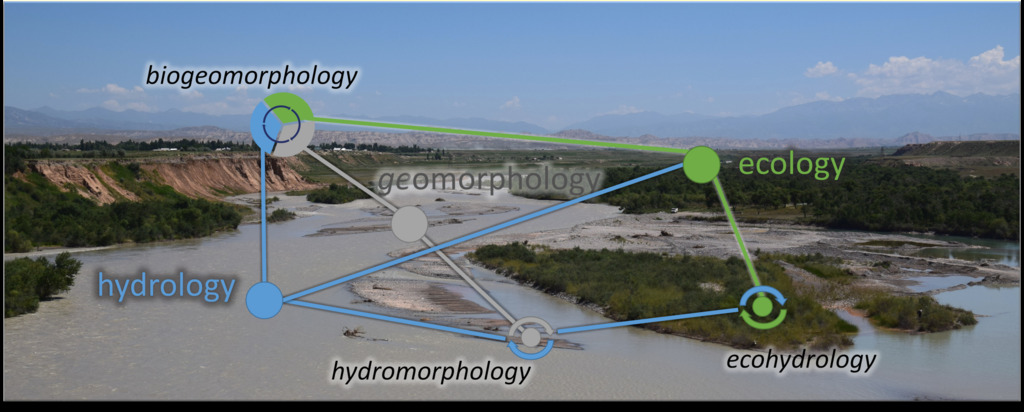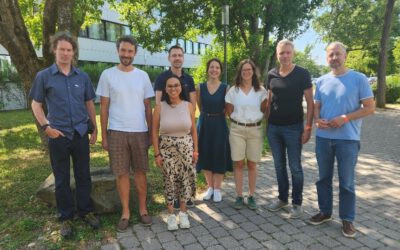Strengthening Ties: Earth Observation Research Cluster Meets with DLR GZS Lecturers
Yesterday, members of our Earth Observation Research Cluster had the opportunity to connect with colleagues from DLR during the annual summer gathering of the DLR Earth Observation Center (EOC). The informal setting of the DLR EOC summer party provided a great...








